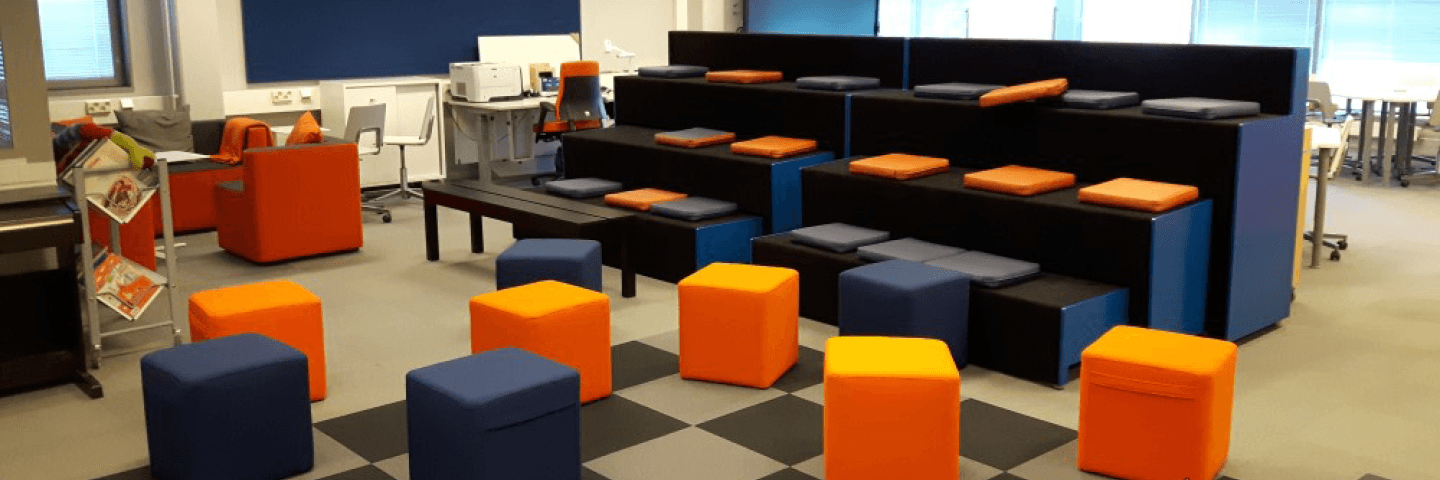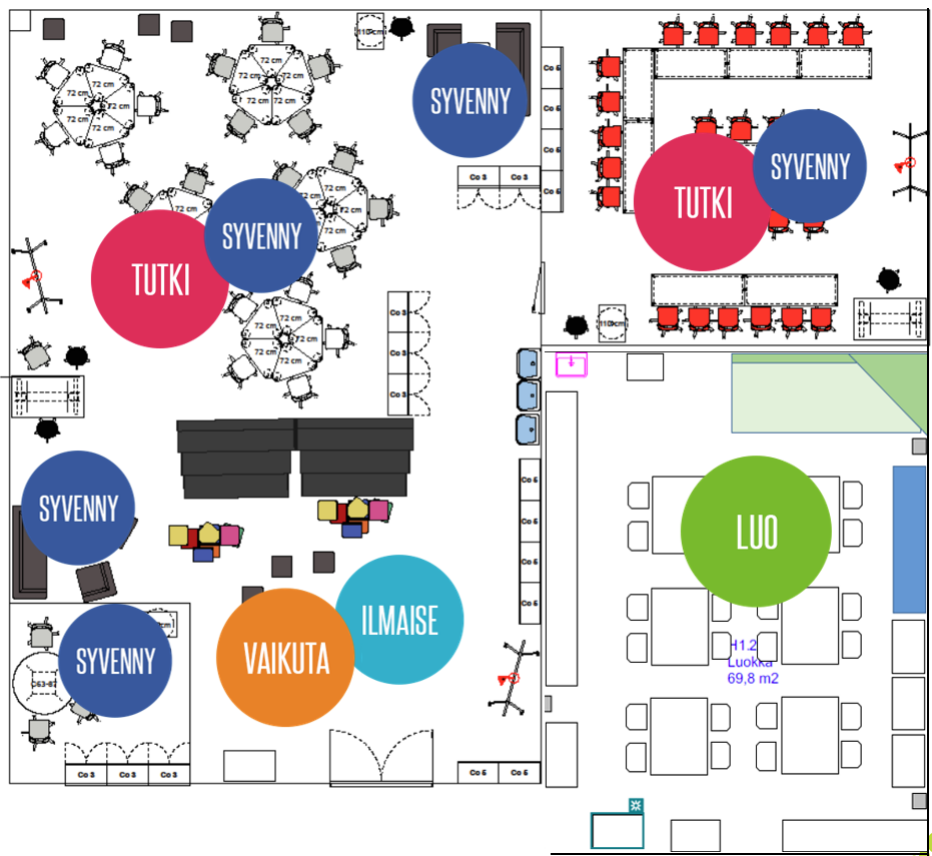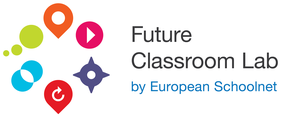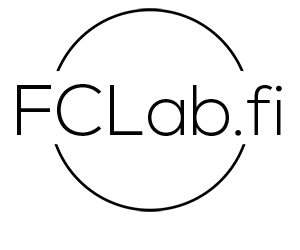
KAKS10 56 -learning environment and FCLab Tampere
KAKS10 56 -learning environment and FCLab Tampere
KAKS10 56 stands as both an operational model and a physical space, located within the Tampere University Teacher Training School. It serves as a hub for the development of new learning environments, teaching technologies, and innovative pedagogical approaches. In addition to its focus on refining the learning environment and digitizing the school, KAKS10 is actively engaged in various initiatives, including maker and DigiAgent activities, the integration of artificial intelligence into education, and the implementation of an information strategy encompassing digital skills, competency descriptions, digital passports, online platforms, and more. Furthermore, KAKS10 is a proud member of FCLab Tampere, which is an integral part of the national and international Future Classroom Lab network (https://fclab.fi).
The physical space of KAKS10 spans approximately 210 square meters, equipped with state-of-the-art Technology-Enhanced Learning (TVT) and Audio-Visual (AV) technologies, along with versatile convertible furniture designed to accommodate various educational needs. This space has been thoughtfully designed as a semi-open area, with the overarching aim of harnessing the advantages of both traditional and modern, open learning environments. The design philosophy and furniture solutions closely align with the FCLab's learning zone model (https://fclab.fi/oppimisen-vyohykkeet/). The primary goal here is to empower educators and learners with a wide array of teaching and study methods through the harmonious integration of space, furniture, and technology. This holistic approach strives to create a comfortable, technology-rich environment capable of accommodating diverse pedagogical needs. Importantly, FCLab Tampere offers a vibrant ecosystem for versatile research, experimentation, and development activities.

Throughout the day, the KAKS10 56 space serves as the home base for two elementary school classes. Beyond this, it also serves as a platform for experimentation, developmental initiatives, guidance sessions, meetings, and training events. KAKS10 adopts a pair-teacher model, strategically incorporating co-teaching elements into their educational practices, which extends to classroom teacher training exercises.
KAKS10 is fully equipped with up-to-date and comprehensive AV equipment, personal terminals, an infoTV system, as well as specialized equipment for video production and instruction in robotics and programming. Furthermore, KAKS10 employs Telia's IoT sensor and analytics service system, which diligently monitors and records extensive data related to air quality and conditions, including temperature, humidity, carbon dioxide levels, and sound pressure.
Notably, KAKS10 is an integral part of the international and national Future Classroom Lab network. The Future Classroom Lab is a project initiated by the European Schoolnet network, aimed at advancing educational technology. The European Schoolnet network receives joint funding from the education ministries of 34 European countries. FCLab.fi plays a pivotal role in fortifying the development and implementation of innovative learning environments and digital resources within elementary schools. Additionally, it fosters collaborations between universities and businesses, promoting the commercialization of educational innovations through the establishment of regional centers of expertise. In Finland, these FCLab units are housed within university training schools.
Tampere University Teaching Training School's FCLab activities, in collaboration with KAKS10, are sharply focused on the continuous refinement of learning environments, learning zones, digital literacy, pedagogy, and the enhancement of the learning environment by eliminating barriers to learning. Furthermore, Tampere has been instrumental in organizing training sessions on topics such as Hummingbird and Sphero (covering robotics, programming, and maker activities). Leading these efforts are lecturers Mikko Horila and Tuomo Tammi, who not only oversee KAKS10 56 activities but also serve as coordinators for the FCLab.fi project and the Technology-Enhanced Learning (TVT) development work within the eNorssi network.
KAKS10 actively engages in partnerships with companies in the educational sector. It is essential to note that the FCLab project receives funding from the Finnish National Board of Education.

